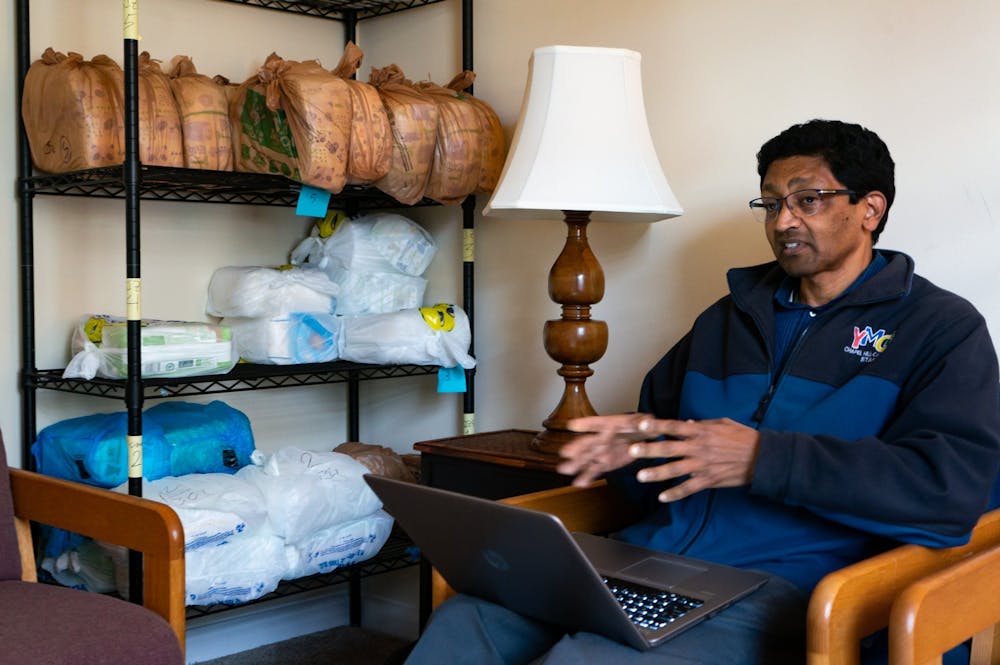Jotting down a few math equations, Catherine McManus, a UNC graduate student, texts a picture of her writing to a local high school student she tutors through Carrboro-based Refugee Support Center.
During the pandemic, RSC volunteers like McManus continue to assist local refugees in areas including education, healthcare, citizenship, employment and financial literacy.
RSC’s distribution captains deliver items like gift cards, diapers and food donated by community members and organizations such as the University Baptist Church, Vimala’s Curryblossom Café and Maple View Farm to apartment complexes highly populated by refugees.
Director Flicka Bateman said RSC hopes to ease the challenges COVID-19 brings to local refugees.
“The pandemic has a tremendous economic impact on them,” Bateman said. “They mainly work in the service sector, but right now, people aren't going to hotels, people aren't buying food, and people aren't going to restaurants.”
Bateman said it has also become harder for sub-communities of refugees to connect with each other or to reunite with their families overseas.
Not seeing one’s family can be more impactful during the pandemic, said Debbie Horwitz, one of the three founders and directors of PORCH, a grassroots hunger relief organization that continues to distribute food and gift cards to community partners and over 460 families.
“Between you and all the people that you really hug and feel a sense of grounding from, there’s this huge distance,” Horwitz said. “It’s a double impact for people to experience separation from their family, at a time when family provides you grounding.”
Since refugees served by RSC primarily come from Burma, Congo and Syria, the refugees’ situations are also complicated by language barriers, McManus said.



